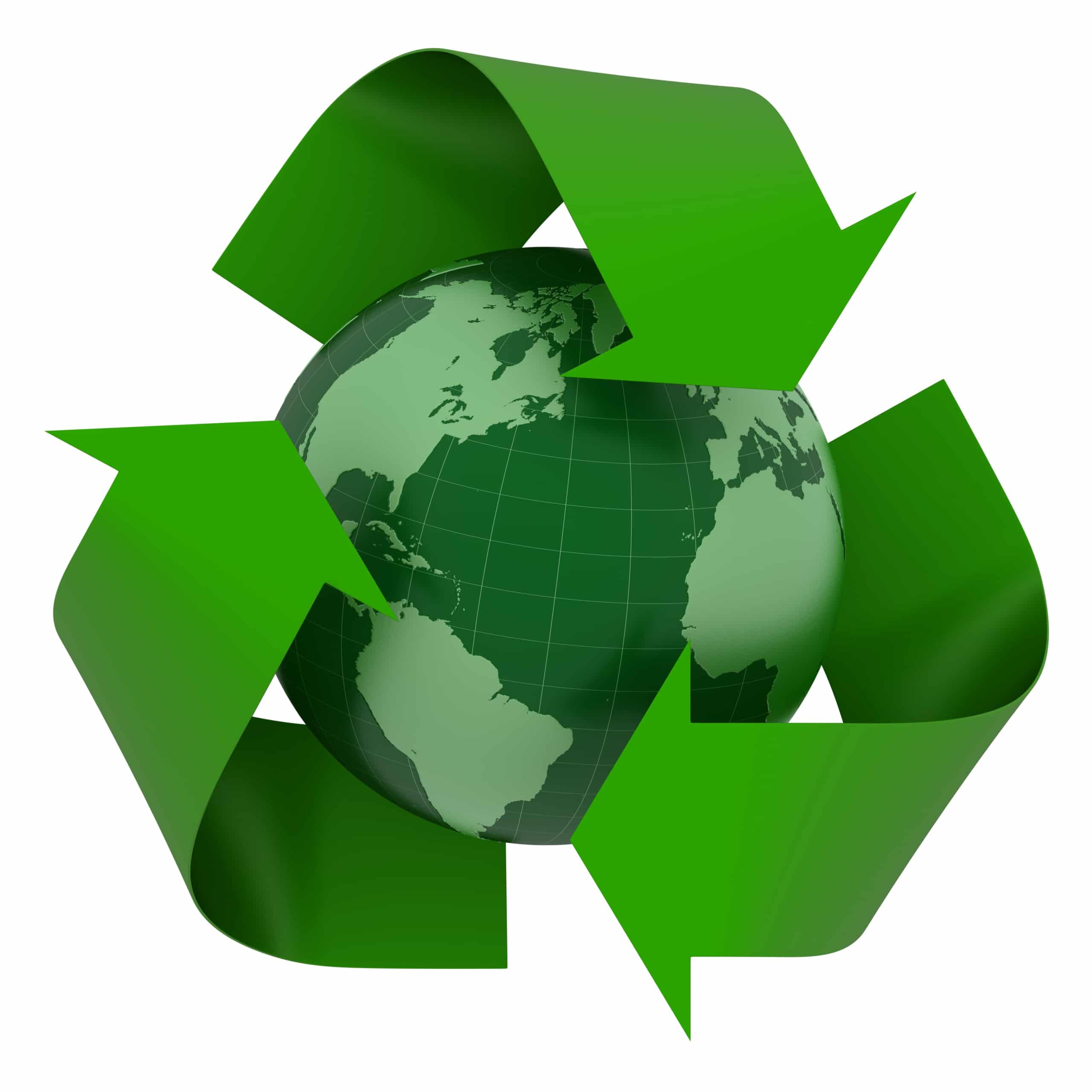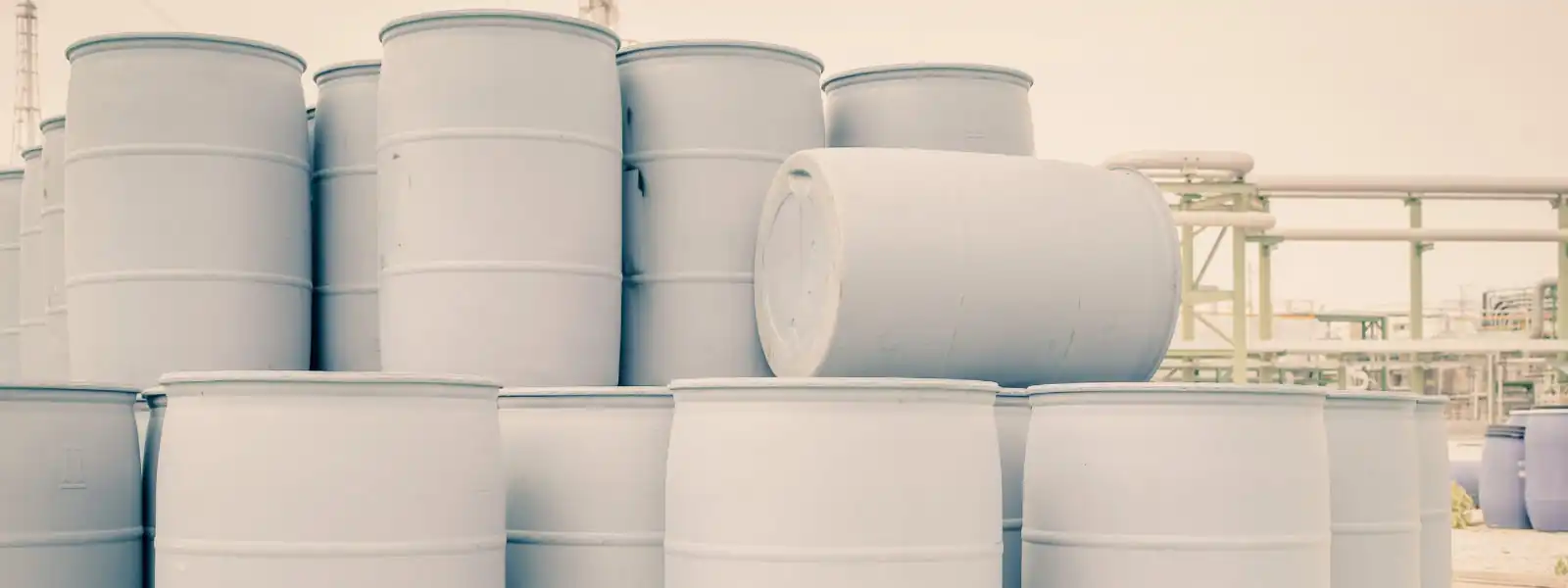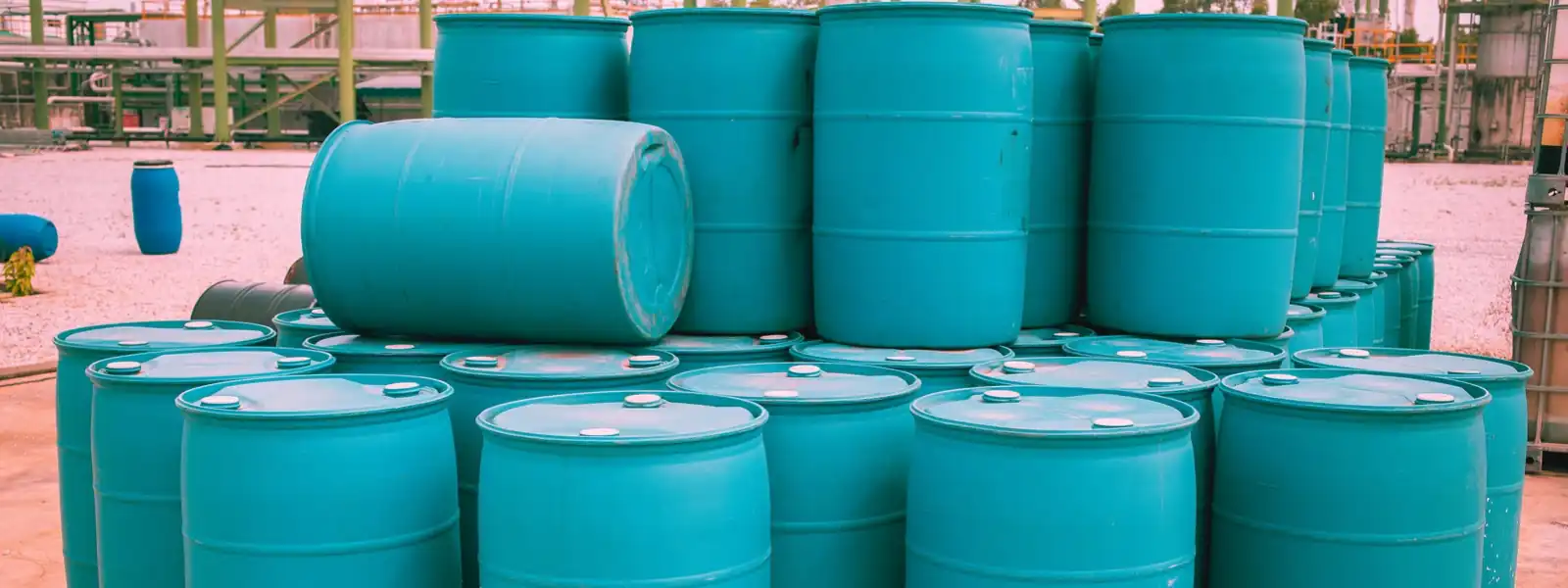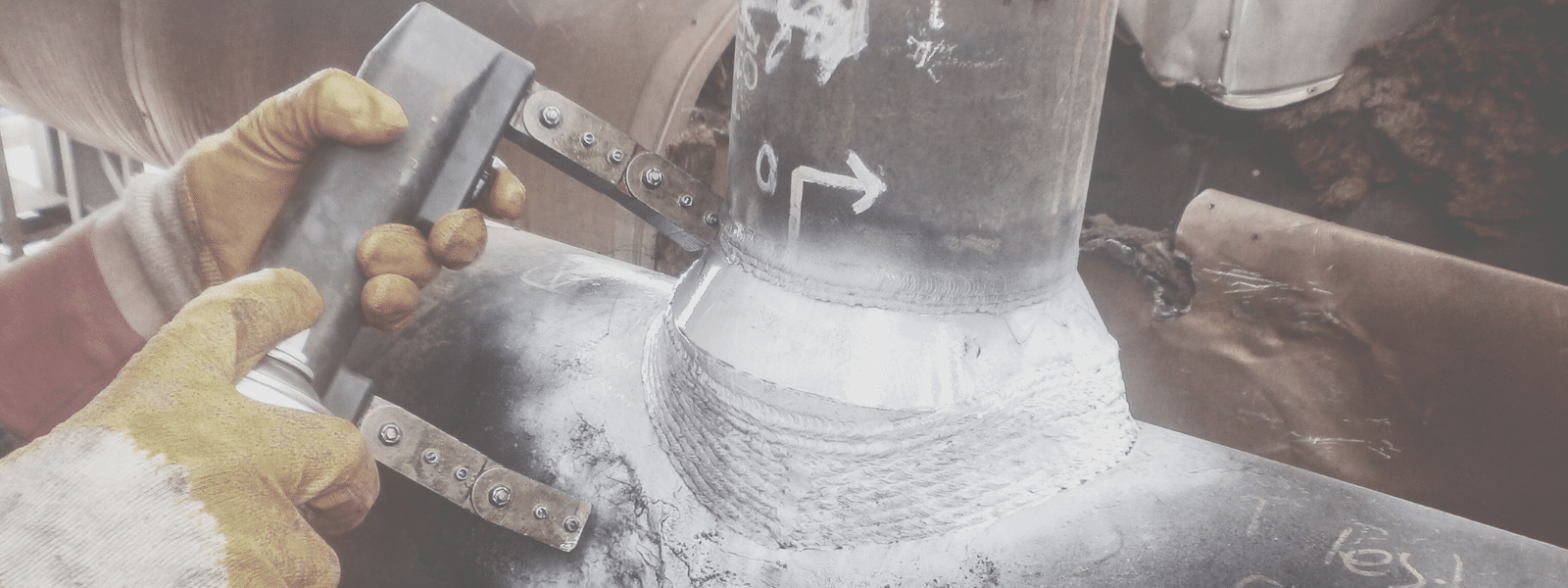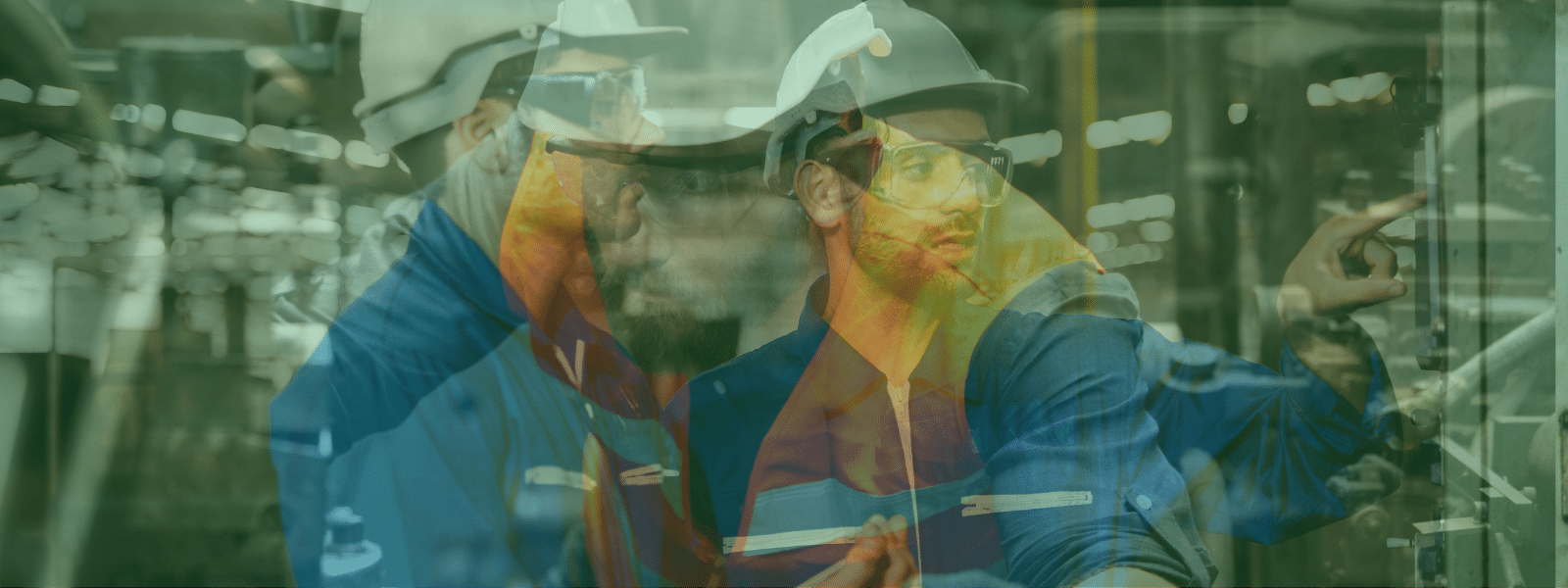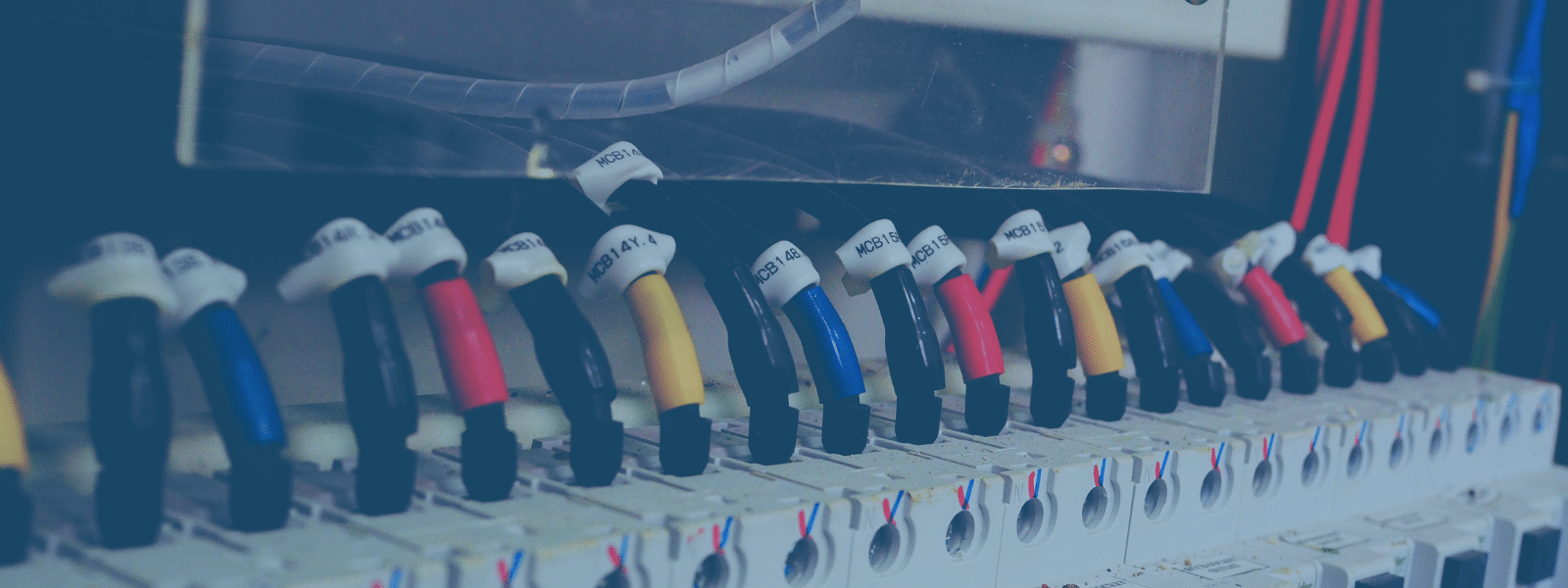Over the past 20 years, industrial solvent users have become increasingly interested in switching to solvents that have a natural formulation, sending the market for these solvents on a stratospheric climb that continues today, as more companies and organizations stop using solvents from yesteryear in favor of greener options.
If you’re thinking about getting in on the action and switching to a line of solvents whose efficacy is supported by natural ingredients, but you have some pressing questions about natural solvents before you make the switch, the answers below can be helpful.
- What’s the difference between natural and organic solvents?
Organic solvents are made from ingredients taken from living matter. Natural ingredients are not derived from living matter but taken from a natural source. For example, citric fruit acid is an organic ingredient, while water is natural ingredient.
- Do natural solvents have toxic ingredients, or are they safe?
It varies by solvent. In most cases, creating a natural industrial solvent entails the goal of creating a safer solvent. Common examples of natural ingredients that are harmful to human health include betula alba, juniperus oxycedrus, and pinus sylvestrisr.
- Can natural solvents reduce my chemical waste disposal bill?
If you swap a solvent with toxic ingredients for a solvent that has natural, non-toxic ingredients, it may decrease your chemical waste disposal bill. The more toxic the spent solvent in your waste trap, the more it generally costs to have professionally removed.
- Do safe natural solvents require personal protective equipment?
In most cases, applying natural solvents should optimally be done while wearing personal protective equipment (PPE). In the case of “safe” solvents, the lowest level of PPE can often be worn. The goal is usually to avoid ingredients that cause acute, non-critical health issues (e.g., dizziness, upset stomach, and watery eyes).
- Can I order a custom natural solvent formulated for my needs?
If you work with a solvent supplier that creates custom formulations for specific users, the option of receiving a custom natural solvent should be on the table. Ecolink offers naturally formulated, custom solvents that are environmentally safe or environmentally preferred.
- Does a natural solvent usually cost more than a standard solvent?
Not necessarily. In fact, some standard solvents have a higher price tag than natural solutions. Some naturally formulated solvents contain a short list of ingredients that are inexpensive and easy to formulate. Using this type of solvent on an extended basis can significantly reduce solvent expense.
Contact Ecolink Today
Ecolink is a supplier of environmentally safe and environmentally preferred solvents. Among our selection of industrial grade solutions, you’ll find many products that feature natural, non-toxic ingredients instead of harsh chemicals that are regulated or scheduled for regulation by the Environmental Protection Agency (EPA). In addition to selling stock solvents, we also create custom formulations for specific users.
To learn more about our products and services, please call us today at (800) 563-1305, or send us a message through our contact form. We look forward to answering your questions!





